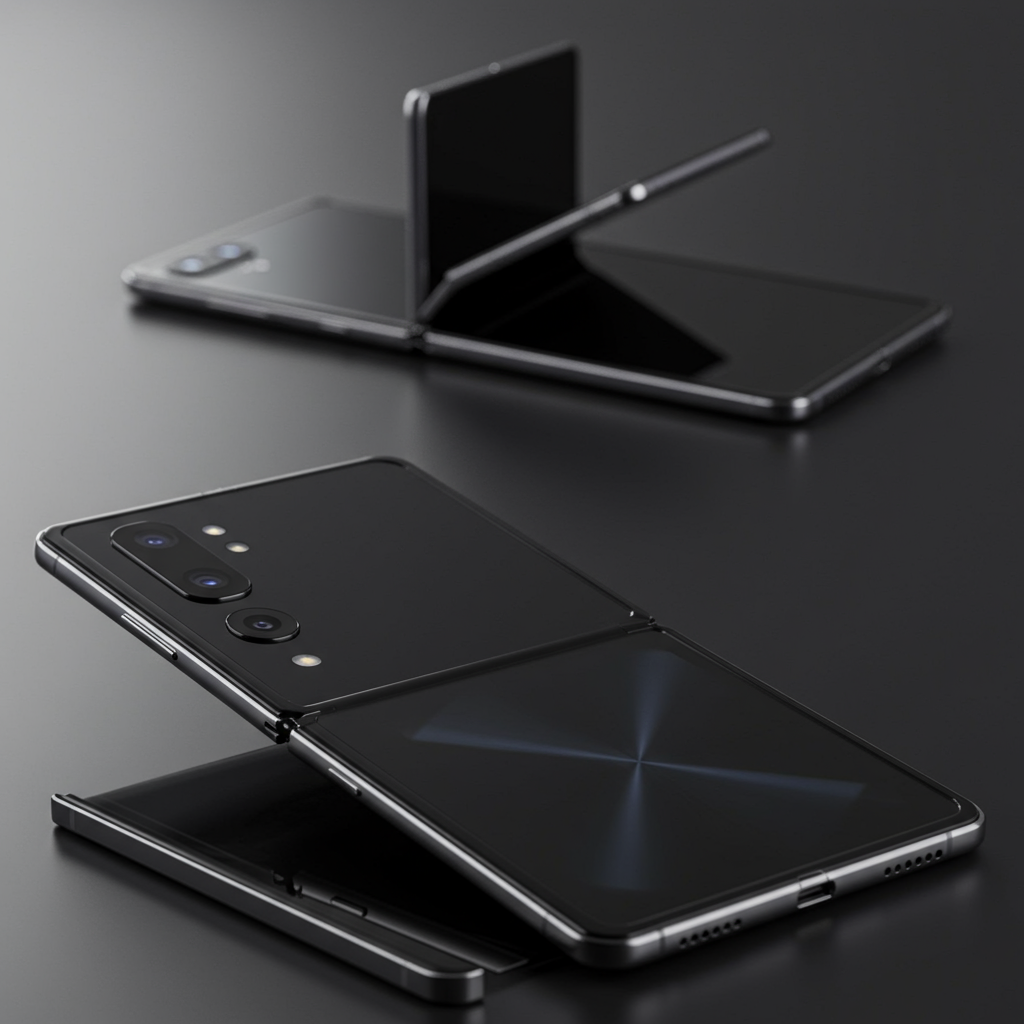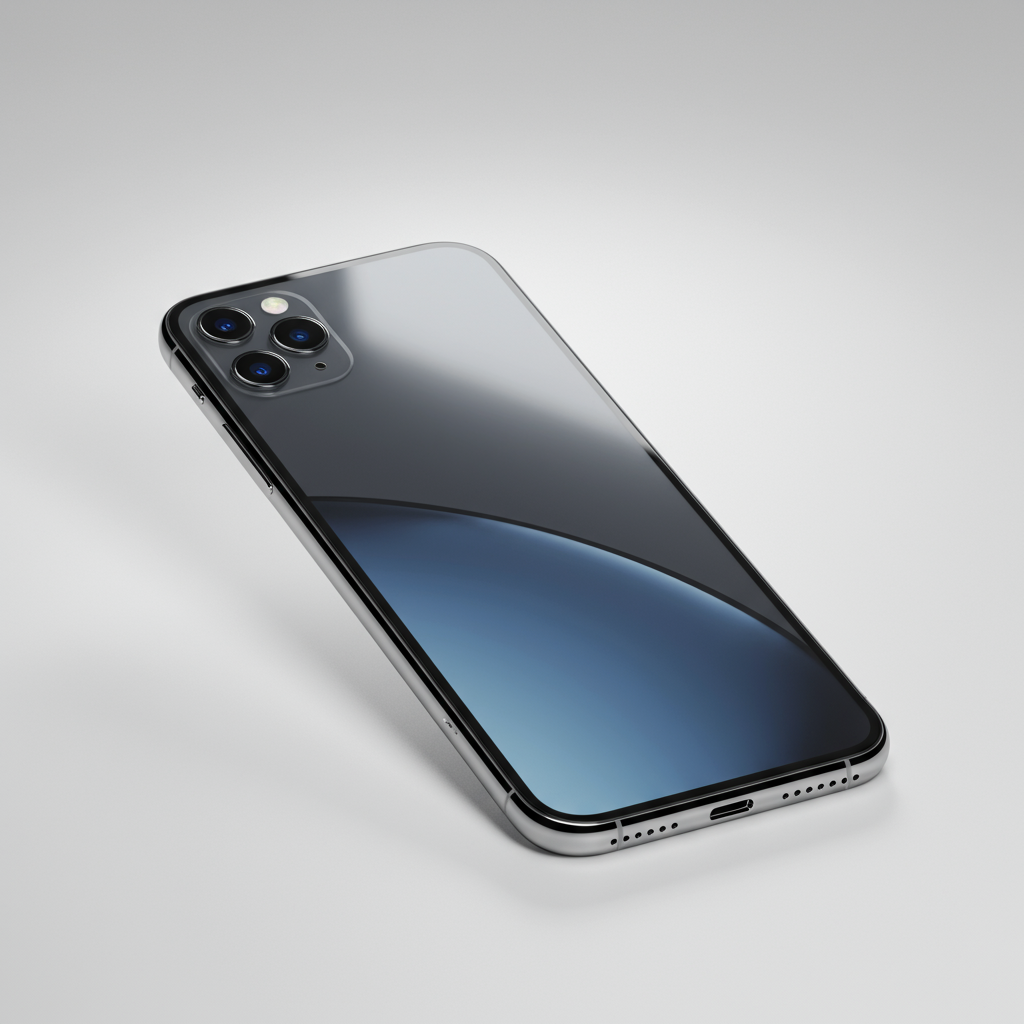Perplexity, the innovative AI-powered search company, is making waves in the browser market. The company has officially launched its highly anticipated AI browser, dubbed “Comet,” for Windows users. This rollout marks a significant expansion following Comet’s initial beta release exclusively for Mac users equipped with Apple Silicon chips earlier this year.
Confirming the development, Perplexity CEO Aravind Srinivas announced via a post on X (formerly Twitter) that the Windows version of Comet is now complete and early testers have begun receiving invitations. Enthusiasts on the waitlist can anticipate broader access soon, as the company continues to accept sign-ups for future availability. Srinivas also shared positive news regarding the Android version, indicating its development is progressing ahead of schedule.
What is the Comet Browser?
Perplexity envisions Comet not merely as a tool for navigating the web but as an “agentic” browser designed to function as a proactive digital assistant. The goal, according to Perplexity, is to “reinvent the browser” by leveraging AI to handle tasks directly within the browsing experience, potentially challenging the traditional browser model and Google’s search dominance.
Comet integrates a suite of AI-powered features aimed at streamlining online activities. Users can:
Ask questions directly within the browser for summarized, cited answers.
Find discounts automatically when shopping online.
- Manage emails more efficiently with AI assistance.
- www.hindustantimes.com
- paginasiete.bo
- techcrunch.com
- hackernoon.com
- www.thehindu.com
A standout interactive feature highlighted is the “Try On” tool, allowing users to upload a photo and visualize how clothing items would look on them, demonstrating the browser’s advanced AI capabilities beyond simple information retrieval.
Entering a Competitive Market
Upon its wider release, Comet will enter a fiercely competitive browser landscape. Established players like Google Chrome hold dominant market share, while other innovative, AI-driven browsers like Opera Neon and forthcoming products from Google and OpenAI are also vying for user attention. Perplexity appears to be banking on its existing reputation and user base from its AI search engine to gain traction.
Navigating Privacy Concerns and Publisher Relations
Like many AI products handling user data, Comet has faced scrutiny regarding privacy. Early discussions arose from a statement by CEO Srinivas suggesting data collection beyond the browser app for user understanding. However, Perplexity has since clarified its stance, assuring users they will have explicit options to opt out of personalization features, including those related to targeted advertising, emphasizing a commitment to user control and transparency.
Beyond privacy, Perplexity has also been involved in legal challenges with publishers like Dow Jones and the New York Post, accused of utilizing their content in ways that constitute a “content kleptocracy.” While other news organizations have also raised concerns, Perplexity maintains that it respects publisher content and is developing revenue-sharing programs. This ongoing dynamic adds another layer of complexity to Perplexity’s expansion efforts.
Beyond the Browser: Perplexity’s AI Push
The Comet browser launch is part of Perplexity’s broader strategy to integrate AI across various digital touchpoints. In a related update, Perplexity recently enhanced its chatbot on X, enabling users to tag @AskPerplexity with a prompt to generate short, eight-second AI-created videos complete with visuals, dialogue, and sound. While this feature aims to boost engagement, it has also sparked concerns about potential misuse for generating misinformation on the platform, prompting Perplexity to implement robust filters to mitigate such risks.
With the Windows launch underway and the Android version fast-tracked, Perplexity’s Comet browser is poised to offer a fresh, AI-centric approach to browsing, aiming to transform the passive web gateway into an active, intelligent digital companion.




